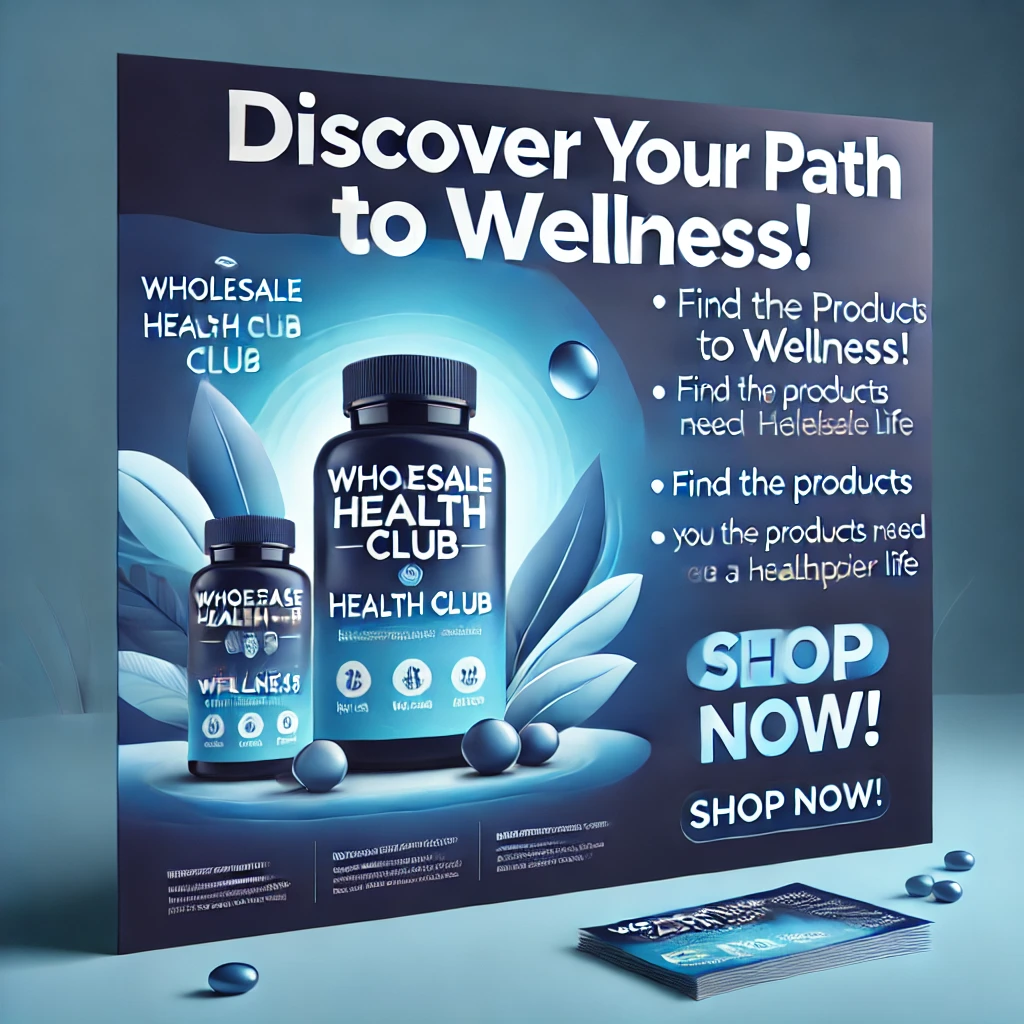Caffeine—loved by millions, feared by some. It fuels early mornings, powers through late nights, and keeps the world running. But when it comes to caffeine: friend or foe, the answer isn’t so simple. Is it really your best friend, or is it quietly wreaking havoc on your health? Let’s break it down.
The Perks of Caffeine
- Boosts Energy & Focus: Caffeine blocks adenosine, the brain chemical that makes you feel sleepy. That’s why a cup of coffee can snap you out of a slump and improve alertness, reaction time, and concentration.
- Enhances Physical Performance: Studies show caffeine can improve endurance, strength, and even pain tolerance. That’s why it’s a common ingredient in pre-workout supplements.
- May Support Brain Health: Some research suggests caffeine could lower the risk of neurodegenerative diseases like Alzheimer’s and Parkinson’s. The antioxidants in coffee and tea might also help protect brain cells over time.
- Linked to Longevity: Large studies have found that coffee drinkers tend to live longer. The exact reason isn’t clear, but it could be tied to reduced inflammation and better metabolic health.
- Rich in Antioxidants: Coffee and tea are among the richest sources of antioxidants in the modern diet. These compounds help fight oxidative stress, reducing inflammation and potentially lowering the risk of chronic diseases.
- May Support Metabolism & Fat Burning: Caffeine is a natural thermogenic, meaning it can slightly increase metabolism and fat burning. Some studies show it can boost resting metabolic rate by 3-11%, which explains why it’s a common ingredient in weight-loss supplements.
- May Lower Risk of Type 2 Diabetes: Studies suggest caffeine may reduce insulin resistance, improving blood sugar regulation. Research shows that caffeine’s effects on metabolism may help regulate glucose levels, reducing diabetes risk.
The Downsides of Caffeine:

- Jitters & Anxiety: Too much caffeine can overstimulate the nervous system, leading to shakiness, restlessness, and even full-blown anxiety. Some people are genetically more sensitive to caffeine’s effects, so even small amounts can trigger symptoms.
- Messes with Sleep: Caffeine has a half-life of around 5-6 hours, meaning half of it is still in your system hours after that afternoon latte. Drinking caffeine too late can wreck your sleep quality, reducing deep sleep and leaving you in a cycle of exhaustion and dependence.
- Increases Heart Rate & Blood Pressure: For some people, caffeine can cause heart palpitations or temporarily raise blood pressure. While moderate consumption is generally safe, those with heart conditions should monitor their intake.
- Dependence & Withdrawal: Regular caffeine use leads to tolerance, meaning you need more over time to get the same effects. And if you quit suddenly? Expect headaches, fatigue, irritability, and brain fog for a few days.
- May Affect Bone Health: Some studies suggest that high caffeine intake could slightly reduce calcium absorption, which may contribute to bone loss over time, especially in people with low calcium intake.
- Can Upset the Stomach & Gut: Caffeine stimulates stomach acid production, which can worsen acid reflux, heartburn, or ulcers.
- Mildly Dehydrating (But Not as Much as You Think!): Caffeine has a diuretic effect, meaning it increases urine production. Some studies suggest that drinking more than 500 mg of caffeine per day can increase fluid loss, potentially leading to dehydration. Stay at your best with these essential probiotic supplements designed to keep you strong and energized.
So, Is Caffeine Good or Bad?
Like most things, caffeine: friend or foe depends on how you use it. If it helps you function without side effects, great. If it’s making you anxious, wrecking your sleep, or causing crashes, it might be time to cut back. If you found this helpful, head over to this health blog for more practical, easy-to-use wellness tips.













You must be logged in to post a comment.